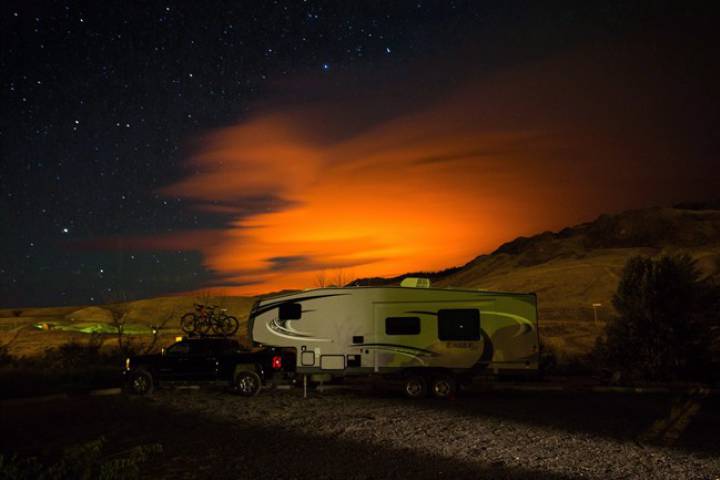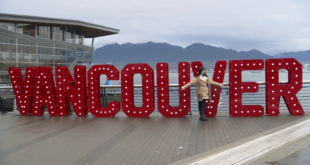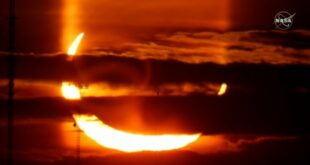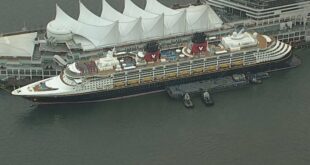More than one million hectares have now been scorched by B.C.’s wildfires, but there are some promising developments in the works as well.
A full back-country use ban for the Cariboo, the first in B.C. since 2003, is set to be lifted this afternoon.
“Lake access, forest service road use will once again be allowed,” said chief wildfire information officer Kevin Skrepnek.
“We are going to be leaving the off-road vehicle ban in place though. So that off-road vehicle ban has been set for the Cariboo, Kamloops and Southeast fire centres for almost a month now, and that is going to remain in place.”
The change affects the majority of Crown land in the Cariboo region, while a number of smaller restrictions have now been implemented in areas near active fires.
Detailed maps of the areas that remain off limits can be found here.
Campfire bans for the Northwest fire centre, except for Nadina, and the Prince George fire centre, except for Vanderhoof, were also lifted at noon on Wednesday.
Meanwhile, B.C. crews are still preparing for an active day on the wildfire front.
Weather is expected to bring some challenges to the firefighters battling the fires in the Cariboo and Southeast fire regions.
Skrepnek said gusty winds and cooler temperatures are expected in many parts of the Cariboo and Prince George regions, however they could also bring badly needed rain and that crews are watching closely.
“For the most part, it does look like this system is going to be coming with rain, but that rain is going to be scattered… We could be seeing lightning as a result as well,” he said.
“Depending on how much rain we’re getting that lightning could start new fires. And certainly the wind this system is going to bring is of concern.”
Among the areas of concern is the Plateau wildfire, which is the biggest wildfire ever in B.C.’s history. It’s more than 470,000 hectares large and is currently burning 60 kilometres west of Quesnel and 60 kilometres northwest of Williams Lake.
Skrepnek said the fire had not grown overnight and does not appear to be spreading.
“Which is definitely good news given the size and scale of this incident,” he said, adding that crews have divided in two to attack the fire from both the north and south.
There nearly 600 firefighters fighting the fire, with support of aircraft and heavy machinery.
Nearly 1,100 fires have been sparked since April 1 with 138 fires still burning across the province. Nearly 2,600 people on evacuation order and almost 12,500 are on alerts.
An evacuation order southwest of the Kootenay community of Salmo has now also been downgraded to an evacuation alert.
Costs soar as B.C. fights wildfires
Finance Minister Carole James says the worst wildfire season in British Columbia’s history is expected to put a dent in the provincial budget as firefighters battle the largest blaze on record.
“We’re tracking $389 million over the February budget estimate right now, and we’re only halfway through the season,” James said Tuesday as she released B.C.’s public accounts.
She said firefighting costs will be included in next month’s financial update before the province releases its full budget in February.
Skrepnek said a record-breaking 1,024,792 hectares (about 12,000 square kilometres) of forest and grasslands have burned across the province since April and the number is expected to climb with more dry weather ahead.
He said that effort has cost $370 million to date.
“This is the highest area of land burned that we have ever had in the province’s history stretching back to 1912, which is the earliest we have got records on hand,” he said from Williams Lake.
Skrepnek said 134 fires were burning in B.C. on Tuesday and that calmer and cooler conditions in recent days have helped firefighting efforts.
Tourism in the Shuswap
With B.C. burning, the Shuswap, a popular summer destination in the province, has seen a mixed tourist season.
The province’s record fire year has kept some visitors away. But other factors have actually helped to boost business.
This may be the province’s worst fire season on record in terms of hectares burned but that number doesn’t tell the whole story.
“The fires are certainly there,” said Corryn Grayston, general manager of the Salmon Arm Chamber of Commerce.
“But there are lots of places in B.C. where people can be coming and enjoying their vacations not being concerned by threats from a forest fire.”
Visitor traffic at Salmon Arm’s tourist information centre was down slightly earlier in the summer.
However, at the same time, forest fires in other areas of the province also led some to choose the Shuswap for their vacation.
You can read more of the news on source
 Travelsmart
Travelsmart



